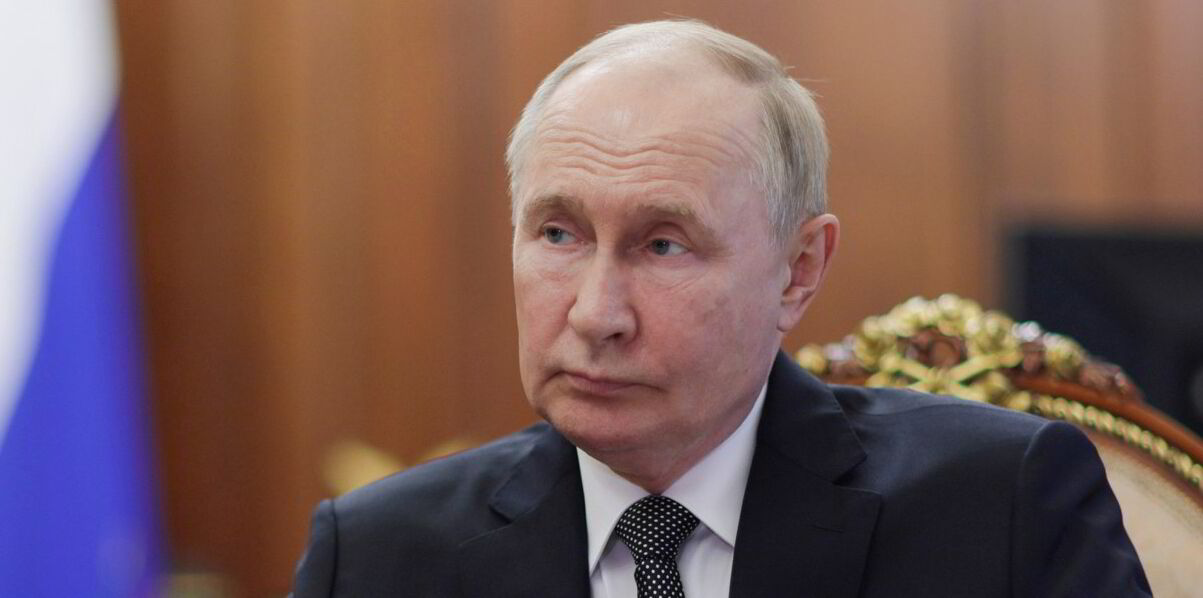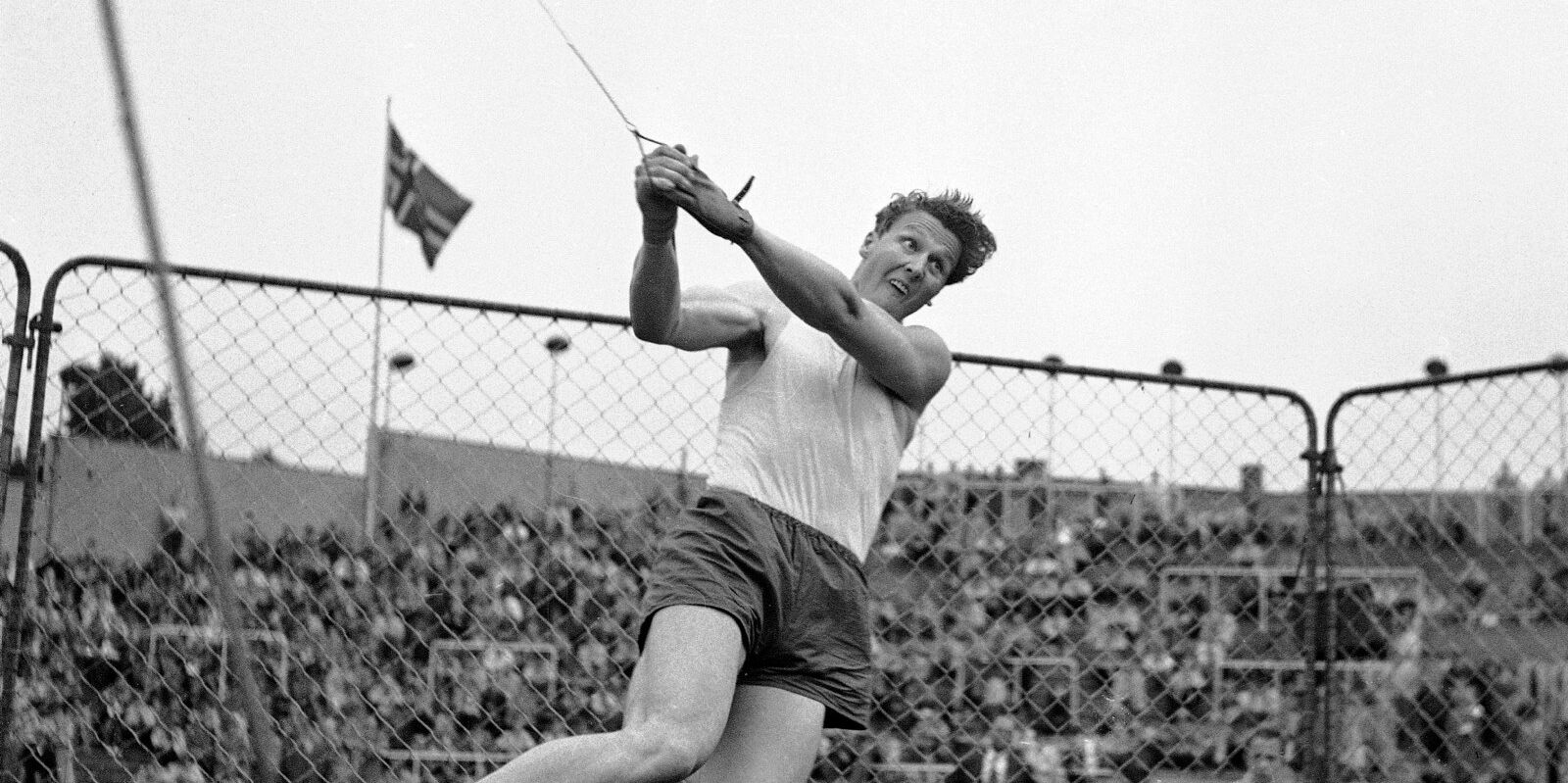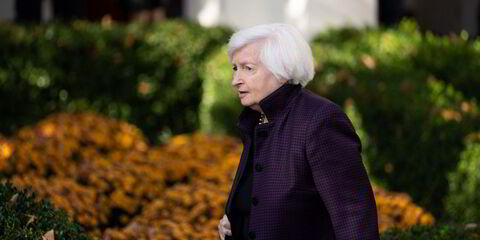The European Parliament is expected to call for the sanctioning of shadow fleet vessels sailing through European Union waters without known insurance.
A motion to be voted on on Thursday also condemns the involvement of European shipowners in the creation of the Russian shadow fleet and calls for tougher action against flag states, financial backers, owners and operators connected to the trade.
The parliament is not the EU’s sanctions-setting body and despite 14 rounds of packages targeting Moscow, there has been virtually no enforcement action within the bloc to stop the trade.
But the vote indicates the strength of feeling among European coastal states and comes as the International Maritime Organization is also expected to take tougher action in 2025 to protect vulnerable coastlines from shadow tanker spills.
The US, UK and EU combined have blacklisted more than 90 ships linked to Russia’s shadow fleet in an escalating use of the tactic since October last year.
The sanctions have had the impact of persuading some tanker operators to remove hundreds of vessels from the books of the International Group of P&I Clubs to allow them to avoid the danger of Western sanctions enforcement.
But it has meant that the sanctions-enforcing countries have less leverage over tankers involved in the shadow fleet and fears have risen that the ships may not have sufficient insurance coverage in the event of a spill in European waters.
Systematic sanctioning
On Thursday, the parliament will be calling for “the systematic sanctioning of vessels sailing through EU waters without known insurance in order to protect our waters and avoid the financial burdens of oil spill clean-ups” in the next round of sanctions being drawn up by the EU’s executive branch.
It also calls for enhanced EU-wide measures to ensure stricter enforcement of sanctions “including the immediate inspection of vessels operating in EU waters in order to verify their insurance coverage and compliance with IMO requirements”.
The growth of the shadow fleet and realignment of ownership has seen the United Arab Emirates become the largest tanker exporter of Russian crude, based on operator by nationality, according to S&P Global.
It said Greece is the only EU member among the top 10 operators hauling Russian crude in October.
S&P Global has identified 586 tankers involved in Russian trades, many of them elderly vessels sold by owners as prices surged after the invasion of Ukraine.
Condemnation
The EU motion “condemns the involvement of European shipowners in the creation of Russia’s shadow fleet” along with the states, lawyers and other entities that help Russia to evade sanctions.
Data suggests that the EU’s ban on Russian exports and the associated oil price cap — which seeks to limit the revenues flowing to the Kremlin from fossil fuel revenues — have had only a limited impact.
Russia earned $16.5bn a month from oil exports in 2021 before the war and $21bn a month in 2022, according to the latest International Energy Agency (IEA) figures. The average so far this year has been $16.5bn a month.

But the tactic has been seen as successful by Western governments in limiting Russian revenues and the programme is likely to continue to expand, International Group sanctions committee chairman Mark Church has told TradeWinds.
He said: “I think what we’re going to see is an increased burden, increased compliance, more sanctions and more enforcement because it’s clear that it remains in the minds of governments all around the world a really valuable foreign policy tool.”
Read more
- Skuld seeks premium boost as costs spike in ‘increasingly complex’ insurance market
- ‘Sanctions are coming’: Leading insurer warns shipping’s shadow world is about to get darker
- Expert casts doubt on size of Houthi bribe claims cited in UN report
- Smaller shipbrokers on the menu as Braemar’s scale brings more takeovers into play
- ‘Oil champion’ Trump could boost tanker exports, DIS boss says





